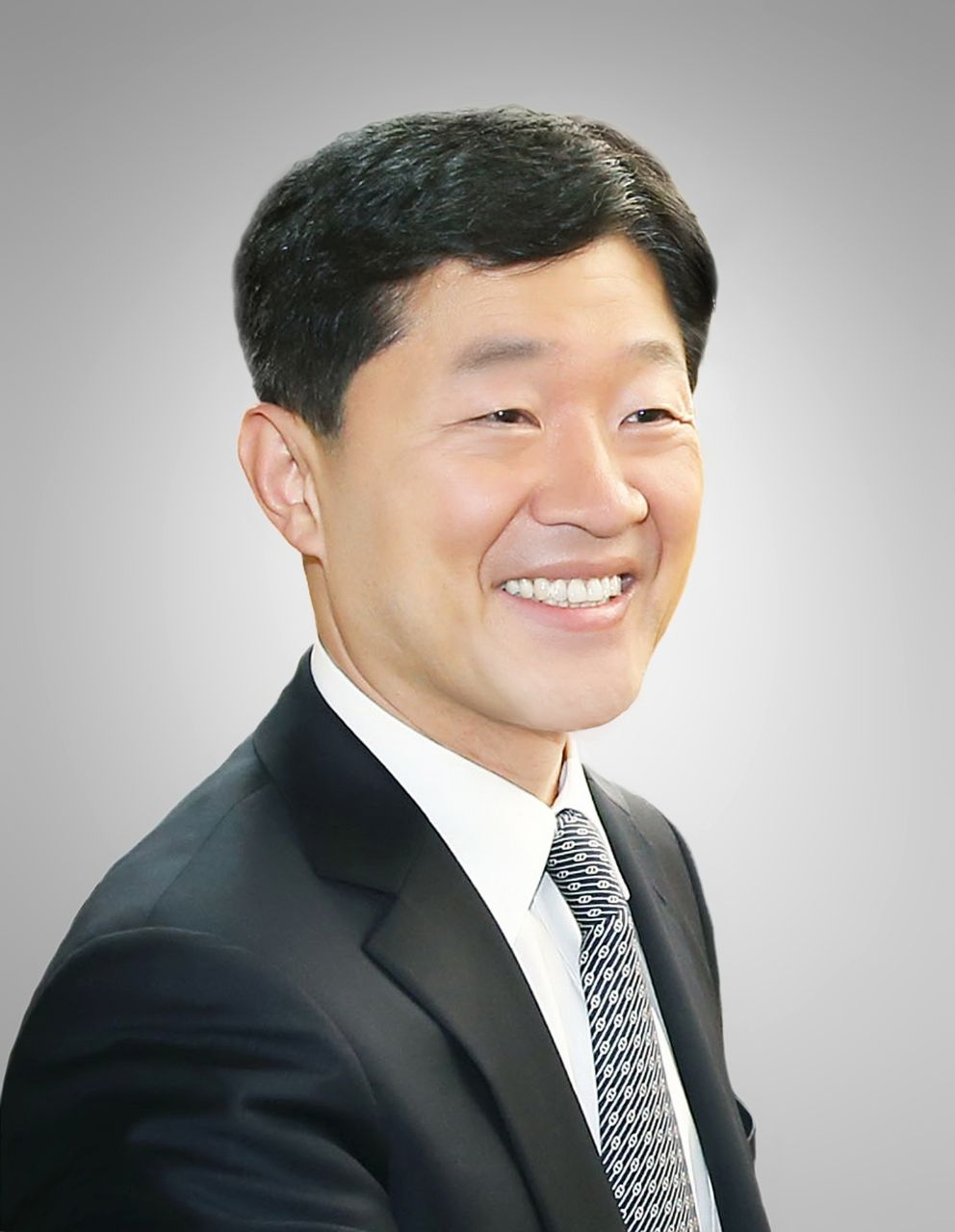 |
Korea Chamber of Commerce and Industry Executive Vice Chairman Woo Tae-hee (KCCI) |
By Woo Tae-hee
Indonesia, a large economy with a population of 270 million people and an average age of 29, has impressively sustained an annual growth rate exceeding 5 percent in recent years. In 2018, Standard Chartered projected that Indonesia would become the world’s fourth-largest economy by 2030. Moreover, Indonesia is a nation endowed with abundant natural resources.
Notably, the recent surge in the electric vehicle market has generated a huge demand for nickel, of which Indonesia’s reserves rank first globally. Additionally, Indonesia’s nickel production last year accounted for 37 percent of the world’s total. On a global scale, Indonesia boasts the second-largest tin reserves and holds prominent positions as a top exporter of bituminous coal and natural gas for power generation, ranking first and eighth, respectively.
This year marks the 50th anniversary of diplomatic relations between Korea and Indonesia. When diplomatic ties were established in 1973, bilateral trade stood at a modest $185 million. However, this figure surged more than 140-fold to approximately $26 billion last year, making Indonesia Korea’s 13th largest trading partner. Notably, 2023 is the implementation year of the Korea-Indonesia Comprehensive Economic Partnership Agreement (CEPA), resulting in a 13 percent increase in the opening of the Indonesian product market within the Association of Southeast Asian Nations Free Trade Agreement.
Indonesia holds a unique place in Korea’s foreign investment history as the first foreign investment destination for Korea. In 1968, a Korean company invested in Indonesia’s forestry business. Subsequently, in 1973, a Korean company invested in a condiment factory in Indonesia, marking the first instance of a Korean manufacturing company investing overseas. In the defense industry, Indonesia became the first country to purchase the KT-1 propeller-type trainer aircraft (2001), the T-50 supersonic advanced trainer jet (2011), and submarines (2011).
The scope of economic cooperation between Indonesia and Korea has expanded beyond raw materials or secondary processing industries such as sewing. Now, it encompasses various fields such as construction of Indonesia’s new capital city, IT, medical services, power infrastructure, and fashion, as well as cutting-edge fields of the future such as AI, urban air mobility, and hydrogen.
Korea’s automaker has established Indonesia’s first electric vehicle factory and commenced mass production. A Korean battery company has also completed the entire production cycle from nickel mining to battery cell production in Indonesia. As we look ahead to the next 50 years, the supply chain stands out as an important area of cooperation with Indonesia.
The supply chain needs to create an ecosystem encompassing the entire production process, moving beyond the supply of raw materials or finished products. The business base should be strengthened, not only in electric vehicles and batteries but also in battery recycling, producing electric two-wheeled vehicles, constructing charging infrastructure, and training human resources.
Digital cooperation is also vital in various areas, including relocating Indonesia’s capital city, constructing smart cities, and revitalizing e-commerce.
The Korea-Indonesia Business Roundtable was convened in conjunction with President Yoon Suk Yeol’s recent visit to ASEAN this month. Approximately 40 business leaders from both nations participated, displaying a strong interest in diverse sectors, including minerals and other supply chain issues, healthcare services such as hospitals, climate change initiatives, and digital technologies.
Furthermore, many attendees were pleasantly surprised to see the dedication of young people from both countries, who immersed themselves in learning each other’s languages and cultures through various events during the visit.
Korea aspires to grow with Indonesia, a great nation poised to make a gigantic leap from its center position within ASEAN to become a prominent center of the world.
Woo Tae-hee is executive vice chairman of the Korea Chamber of Commerce and Industry. The views expressed in this column are his own. -- Ed.






![[Weekender] Korea's traditional sauce culture gains global recognition](http://res.heraldm.com/phpwas/restmb_idxmake.php?idx=644&simg=/content/image/2024/11/21/20241121050153_0.jpg)
